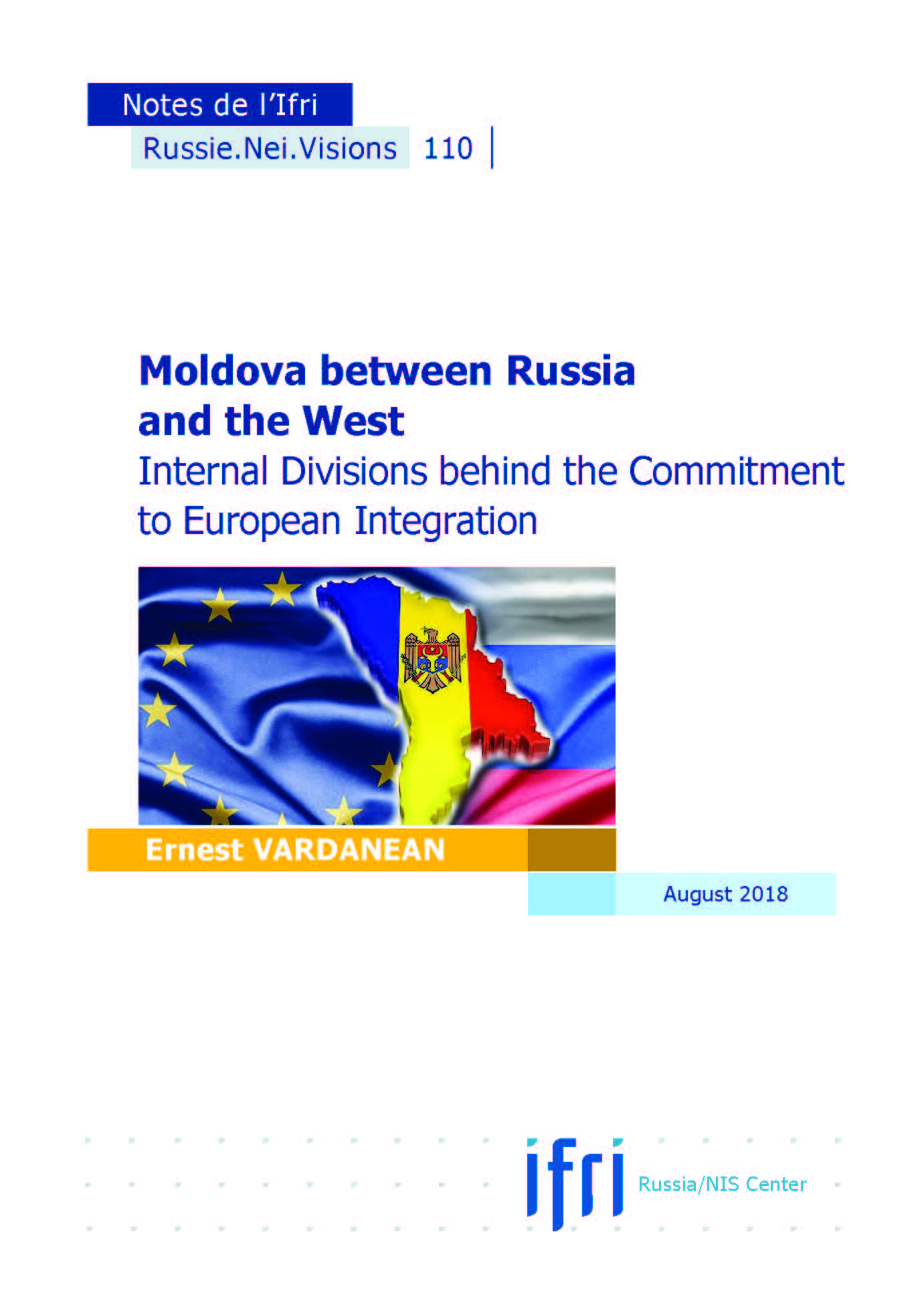Moldova between Russia and the West: Internal Divisions behind the Commitment to European Integration

The traditional characterisation of Moldova as a bridge between two civilisations, Russian Orthodox and the West, seems to have become outdated.
Moldova is an example of a society divided between different geopolitical preferences and the conflict over Transnistria continues to reinforce the perception of uncertainty about the country’s future. It is quite natural that the geopolitical stand-off between Russia and the West—which worsened after the start of the conflict in Ukraine and the war in Donbass and evolved into a broad-based confrontation—has become almost the main item on Moldova’s domestic and foreign policy agenda.
Ernest Vardanean is an independent analyst. He is a lecturer at Moldova State University and a columnist in the Romanian office of Radio Free Europe.
Download the full analysis
This page contains only a summary of our work. If you would like to have access to all the information from our research on the subject, you can download the full version in PDF format.
Moldova between Russia and the West: Internal Divisions behind the Commitment to European Integration
Related centers and programs
Discover our other research centers and programsFind out more
Discover all our analysesRussia's Asia Strategy: Bolstering the Eagle's Eastern Wing
Among Russia’s strategic priorities, Asia traditionally played a secondary role compared to the West. In the mid-1990s, then Foreign Minister Yevgeny Primakov initiated a rapprochement with China and India. Then, in 2014, deteriorating relations between Russia and the West prompted Moscow to begin its “great pivot to the East”.
Kazakhstan After the Double Shock of 2022: Political, Economic and Military Consequences
The year 2022 represented a dual shock for Kazakhstan. In January, the country faced its most severe political crisis since independence, followed in February by Russia’s full-scale invasion of Ukraine, which cast uncertainty over the borders of post-Soviet states. These consecutive crises profoundly shaped Kazakhstan’s domestic and foreign policy.

How the Russian Army Changed its Concept of War, 1993-2022
The traditional and high-intensity war that has occurred in Ukraine since Russia decided to invade raises a key issue: did post-soviet Russian strategic thought really prepare Russia for waging this war?
Russia's Nuclear Deterrence Put to the Test by the War in Ukraine
From the outset of its “special military operation” (SVO) against Ukraine on February 24, 2022, Russia, which possesses one of the world’s largest nuclear arsenals, has adopted aggressive deterrence measures and a resolutely menacing rhetorical stance.









